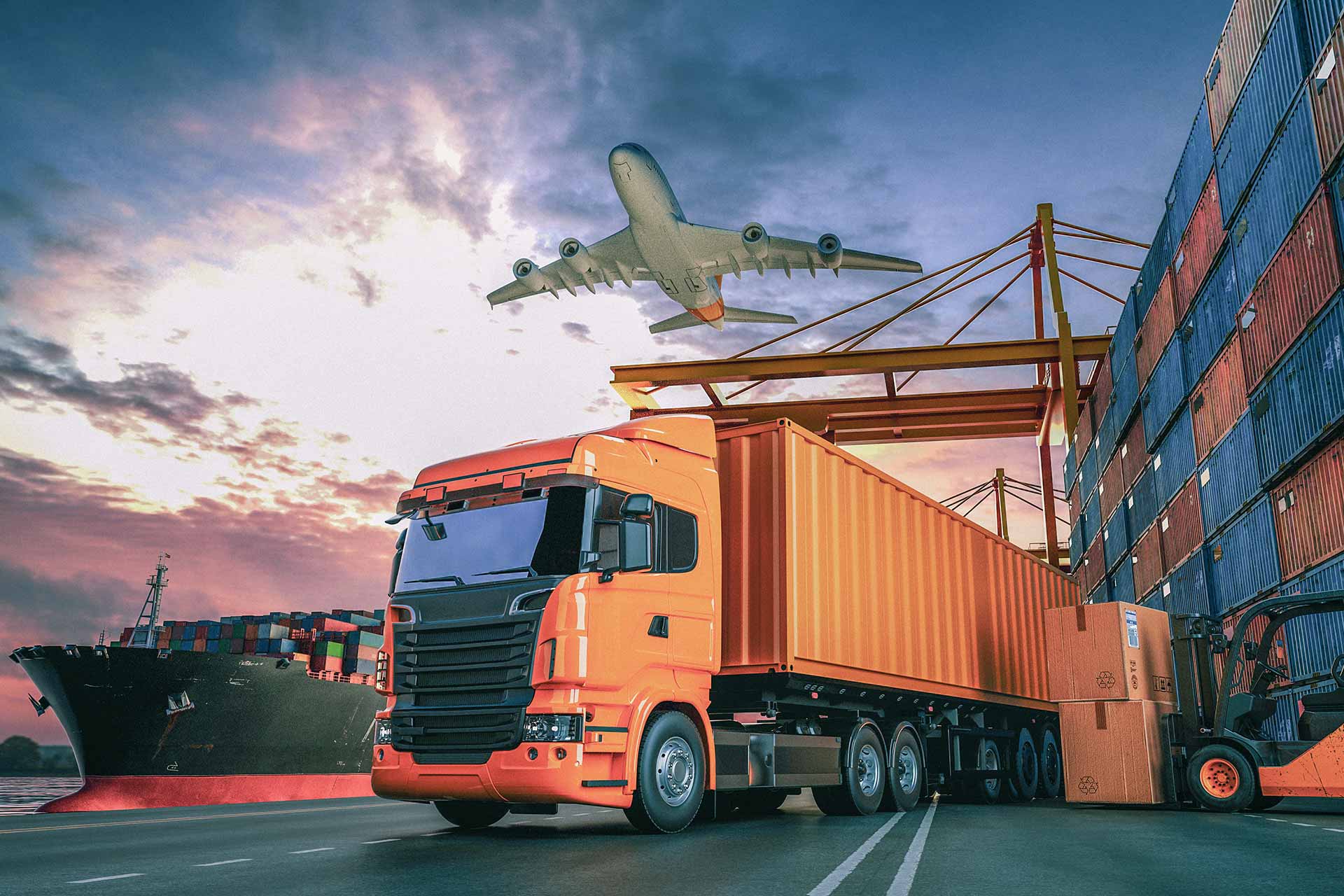Air freight has long been a vital component of the global logistics industry, enabling the rapid transportation of goods across continents. As we look ahead, the future of air freight promises exciting advancements and transformative innovations that will shape the industry for years to come. From cutting-edge technologies to sustainable practices, let’s explore the key trends that are set to revolutionize the future of air freight.
Autonomous Cargo Drones: Unmanned aerial vehicles (UAVs) or cargo drones are poised to transform the air freight landscape. With advancements in drone technology, these autonomous flying machines offer the potential for quick and cost-effective last-mile deliveries, especially to remote or inaccessible areas. From medical supplies to critical spare parts, cargo drones have the ability to revolutionize the speed and accessibility of air freight services.
Artificial Intelligence (AI) and Data Analytics: The integration of AI and data analytics is set to enhance the efficiency and optimization of air freight operations. Machine learning algorithms can analyze vast amounts of data to optimize route planning, cargo load distribution, and fuel consumption. Additionally, AI-powered predictive analytics can help identify potential disruptions and enable proactive decision-making, minimizing delays and improving overall supply chain resilience.
Sustainable Practices: With the growing focus on environmental sustainability, the future of air freight will prioritize eco-friendly practices. Airlines and logistics companies are investing in fuel-efficient aircraft, exploring alternative propulsion systems, and optimizing flight routes for reduced carbon emissions. Furthermore, the use of sustainable aviation fuels (SAF) is gaining traction, offering a greener alternative to traditional jet fuels.
Blockchain Technology: Blockchain holds immense potential for revolutionizing transparency and security within the air freight industry. Its decentralized nature enables enhanced tracking and traceability of shipments, streamlined documentation processes, and secure digital transactions. By leveraging blockchain, air freight stakeholders can achieve greater visibility and efficiency throughout the supply chain, reducing paperwork and mitigating the risk of fraud.
Internet of Things (IoT) Connectivity: The IoT is transforming the way air freight operations are managed and monitored. By connecting devices, sensors, and equipment, real-time data can be collected and analyzed, optimizing cargo handling, inventory management, and maintenance processes. IoT-enabled smart containers, for example, can provide valuable insights on cargo conditions, such as temperature, humidity, and location, ensuring the integrity of perishable or high-value goods.
Augmented Reality (AR) and Virtual Reality (VR): AR and VR technologies are poised to enhance training programs, maintenance processes, and operational efficiency within the air freight industry. From virtual simulations for pilot training to remote maintenance assistance using augmented reality tools, these immersive technologies will improve safety, reduce costs, and enhance productivity.
The future of air freight is a dynamic landscape where innovation, efficiency, and sustainability intersect. Embracing these transformative trends will not only lead to faster and more reliable deliveries but also contribute to a greener and more resilient supply chain. As the industry evolves, companies at the forefront of these advancements will position themselves as leaders in providing efficient, eco-friendly, and technologically advanced air freight solutions for the global marketplace.



